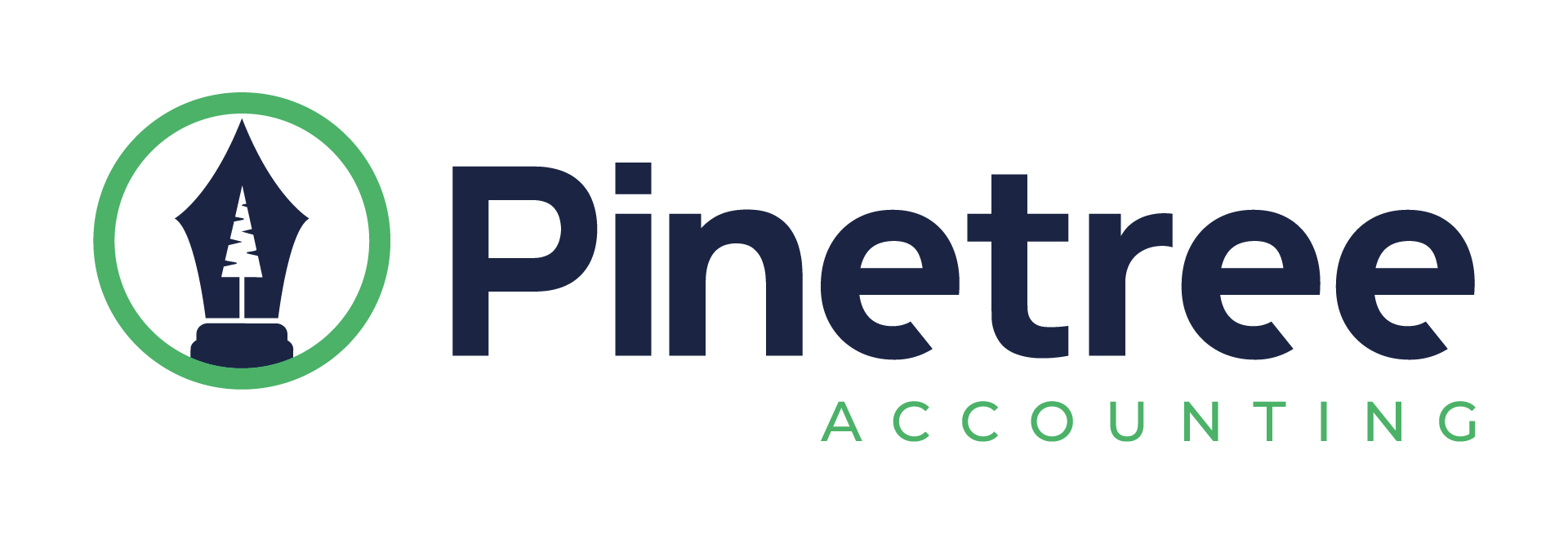Hong Kong’s reputation as a global business hub is supported by its transparent financial practices, robust audit regulations, and pro-business environment. Whether you’re a startup in Tsim Sha Tsui or a multinational corporation, arranging audits is crucial for complying with local regulations, maintaining credibility, and filing accurate tax returns with the Inland Revenue Department (IRD).
In this detailed guide, we’ll explore the audit process in Hong Kong, key compliance obligations, and how working with a trusted partner—such as Pinetree Accounting Services Limited—can streamline your annual audit while enhancing your business’s credibility.
Table of Contents
- Why Audits Matter in Hong Kong
- Statutory Requirements Under the Hong Kong Companies Ordinance
- Key Steps in Arranging an Audit
- Common Challenges and How to Overcome Them
- How Pinetree Simplifies Your Audit Arrangements
- Frequently Asked Questions
- Conclusion
1. Why Audits Matter in Hong Kong
Hong Kong’s business-friendly environment, strategic location, and transparent regulatory framework make it an attractive destination for entrepreneurs and established enterprises alike. However, these advantages come with specific obligations relating to audits and financial reporting.
- Investor and Stakeholder Confidence
A clear and accurate audit report is essential for building trust with investors, lenders, and other stakeholders. - Compliance with IRD Requirements
Audited financial statements are required for filing your Profits Tax Return (PTR), which helps to avert penalties and additional scrutiny. - Insightful Financial Analysis
By confirming the accuracy of your financial statements, audits provide a deeper understanding of your company’s performance and potential risks.
2. Statutory Requirements Under the Hong Kong Companies Ordinance
Most companies incorporated in Hong Kong must have their financial statements audited annually. Below are the main points to keep in mind:
- Annual Financial Statements
- All limited companies are required to produce annual accounts audited by a Hong Kong-registered Certified Public Accountant (CPA).
- Exceptions apply only in limited circumstances, such as “dormant companies” that meet specific criteria.
- Filing Deadlines and Requirements
- You typically have one month from the IRD’s issuance of your Profits Tax Return (PTR) to submit audited accounts.
- Companies with certain financial year-ends (e.g., December 31 or March 31) may obtain filing extensions.
- Alignment with International Standards
- Hong Kong closely aligns its accounting standards with international guidelines, ensuring audited statements here are widely recognized and respected.
3. Key Steps in Arranging an Audit
Arranging an audit in Hong Kong involves several stages. The table below provides an overview:
| Step | Action | Outcome |
| 1 | Bookkeeping & Preparation | All financial records, invoices, and receipts are organized. |
| 2 | Engagement of a CPA | A qualified auditor licensed in Hong Kong is appointed. |
| 3 | Audit Planning & Risk Assessment | Business processes are reviewed, and potential risk areas identified. |
| 4 | Fieldwork & Evidence Gathering | Accounts, bank statements, and internal controls are examined. |
| 5 | Reporting & Audit Opinion | The CPA issues an audit report (unqualified, qualified, adverse, or disclaimer). |
- Bookkeeping & Preparation
- Proper bookkeeping ensures all financial transactions—income, expenses, payroll—are accurately documented.
- Tools like Xero can streamline recordkeeping with real-time data tracking.
- Engagement of a CPA
- Choose an auditor familiar with Hong Kong’s regulations and auditing standards set by the Hong Kong Institute of Certified Public Accountants (HKICPA).
- Fieldwork & Evidence Gathering
- The auditor verifies bank reconciliations, inspects contracts, and reviews internal controls to identify any material misstatements or potential issues.
- Issuance of Audit Opinion
- After evaluation, the auditor provides an opinion on the truthfulness and fairness of the financial statements.
4. Common Challenges and How to Overcome Them
- Disorganized Financial Records
- Solution: Use cloud-based accounting software (e.g., Xero) to maintain comprehensive and timely financial records.
- Tight Filing Deadlines
- Solution: Begin working with an audit firm at least three to four months before your financial year-end to avoid last-minute pressure.
- Evolving Regulatory Landscape
- Solution: Keep abreast of announcements from the HKICPA and IRD, or outsource to a professional service provider who can inform you of changes.
- Limited Internal Resources
- Solution: Outsourcing to a trusted firm allows internal teams to focus on core operations instead of managing the audit process end to end.
5. How Pinetree Simplifies Your Audit Arrangements
Pinetree Accounting Services Limited has been a reliable ally to businesses in Hong Kong since 2012, offering a full suite of corporate solutions tailored to Hong Kong’s unique regulatory requirements:
- Bookkeeping and Accounting Services
- Integration with Xero for automated bookkeeping, real-time data, and reduced manual errors.
- More Details
- Corporate Secretarial Services
- Maintenance of registers, filing of annual returns, and timely compliance with the Hong Kong Companies Ordinance.
- Learn More
- Audit Arrangement Services
- Coordination with licensed auditors, ensuring accurate and timely completion of audited financial statements.
- Further Information
- Tax Return and Planning Services
- Expert support in filing profits tax and planning strategies to maximize savings.
- Explore Tax Services
- Company Formation Services
- Advising entrepreneurs, foreign investors, and established companies looking to form a Hong Kong entity.
- Read More
By partnering with Pinetree, businesses benefit from organized bookkeeping, seamless audit processes, and on-time filings—pillars of a compliant and successful Hong Kong enterprise.
6. Frequently Asked Questions
Q1. Can startups qualify for audit exemptions in Hong Kong?
In most cases, Hong Kong-incorporated companies need audited financial statements. Certain dormant companies or small private companies that meet strict criteria may be exempt, but you should consult a local CPA for definitive guidance.
Q2. When should I appoint an auditor?
It’s advisable to engage an auditor several months before your financial year-end. This lead time helps in organizing records, aligning schedules, and resolving potential issues early.
Q3. What happens if I file my audited accounts late?
Late filing can lead to penalties or even an IRD investigation. Repeated lateness may bring further legal consequences. Timely engagement with a CPA is crucial to avoid such risks.
Q4. How can I streamline record-keeping throughout the year?
Cloud-based software like Xero and professional bookkeeping services can automate and centralize your financial data, making audits more efficient.
7. Conclusion
Preparing for an annual audit is an essential part of running a Hong Kong business. Complying with statutory requirements, managing tax obligations, and ensuring accurate financial statements not only keeps you aligned with local laws but also bolsters trust among potential investors, partners, and clients.
If you’re looking to simplify your audit arrangements and maintain strong compliance, consider reaching out to Pinetree Accounting Services Limited. With experience in bookkeeping, audit support, company formation, and more, Pinetree stands ready to help businesses in Hong Kong remain agile, transparent, and successful.
Take the next step:
Contact Pinetree to discuss tailored audit arrangements.







